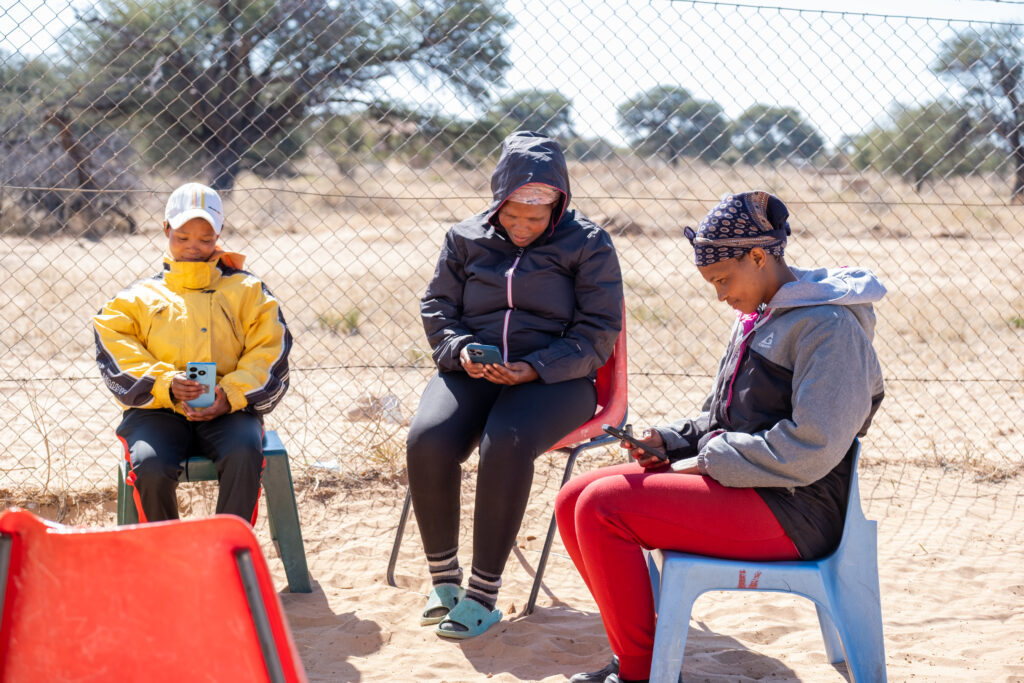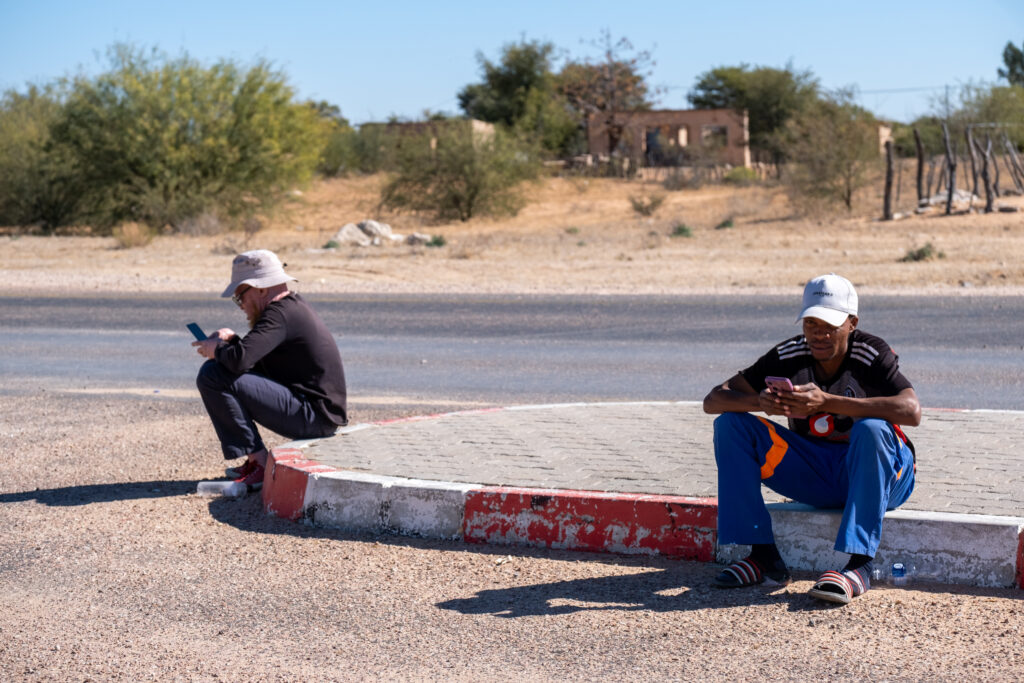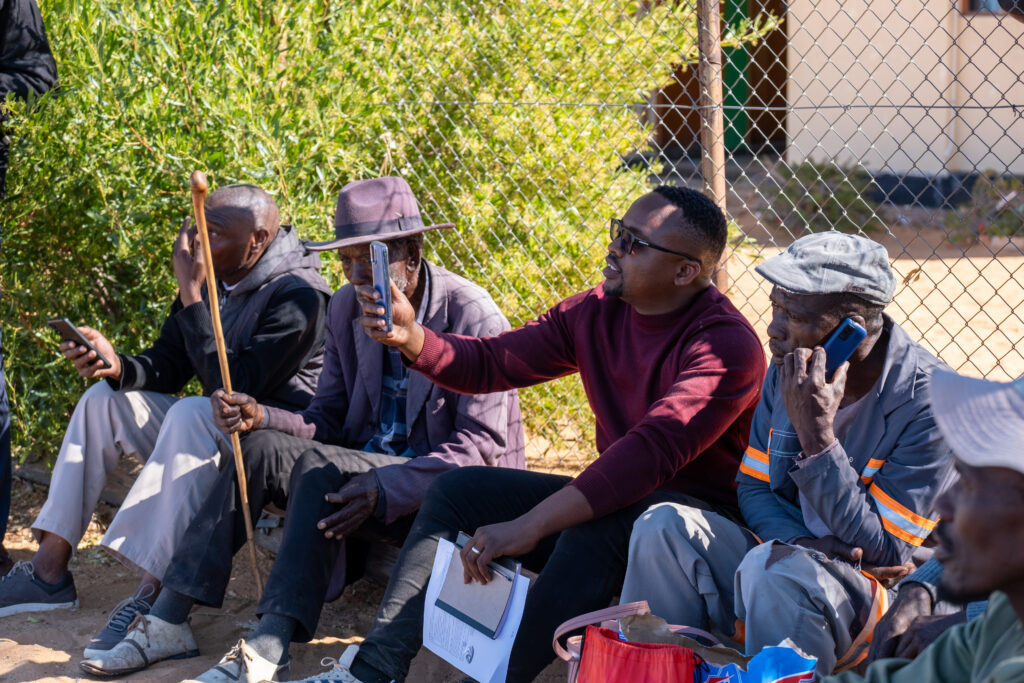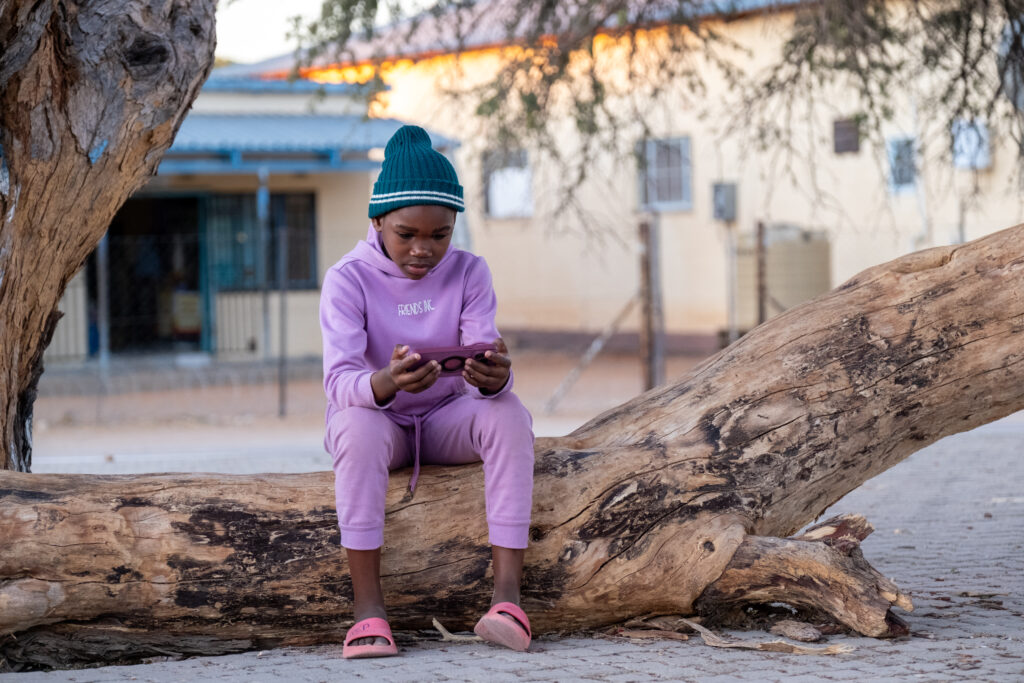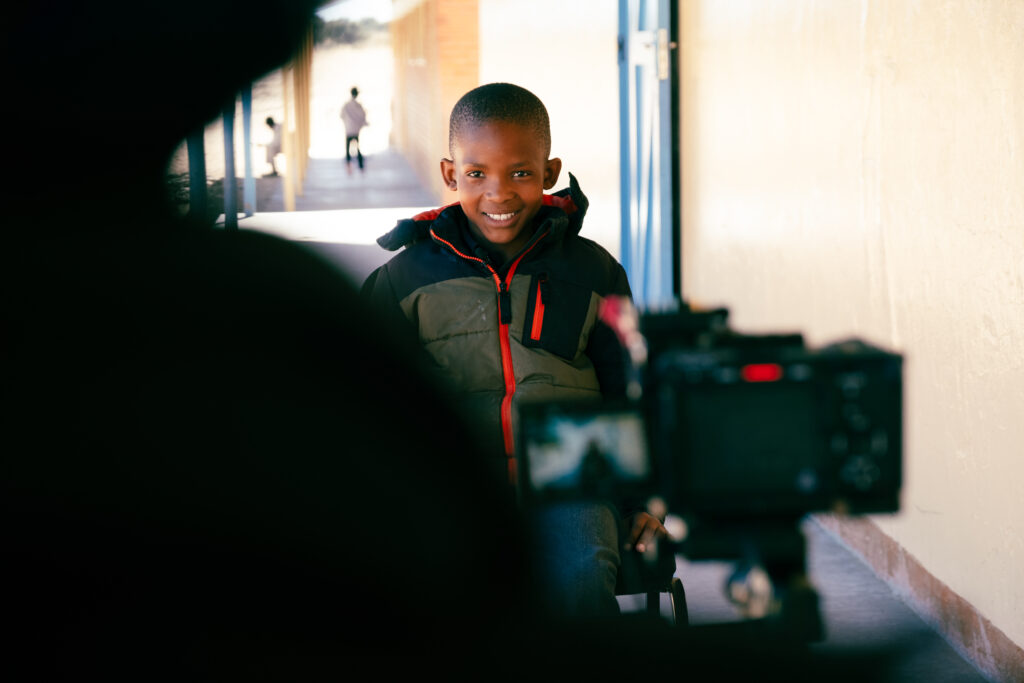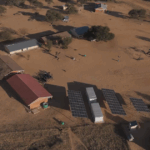Digital Inclusion
Schools as a Bridge to Put Remote
Areas on the Map

In Botswana’s Kgalagadi District, Ncaang Primary School reflects a wider national shift toward digital learning. Internet connectivity is replacing the limits of chalk-and-talk teaching, supported by Giga, the UNICEF and ITU initiative helping governments connect every school to the internet.
More than 700 schools across Botswana are now connected, reaching over 400,000 learners. About 80,000 students are using the Learning Passport, a curriculum-aligned digital platform co-developed by UNICEF and Microsoft.
The government began by mapping every school to understand where gaps were most acute. This helped direct investment to remote and underserved areas. “Giga has been one of our early partners in the move towards digitalization. They have joined forces with us to ensure that connectivity reaches every corner of the nation,” says Lois Ngope, Acting Deputy Permanent Secretary at the Ministry of Child Welfare and Basic Education.

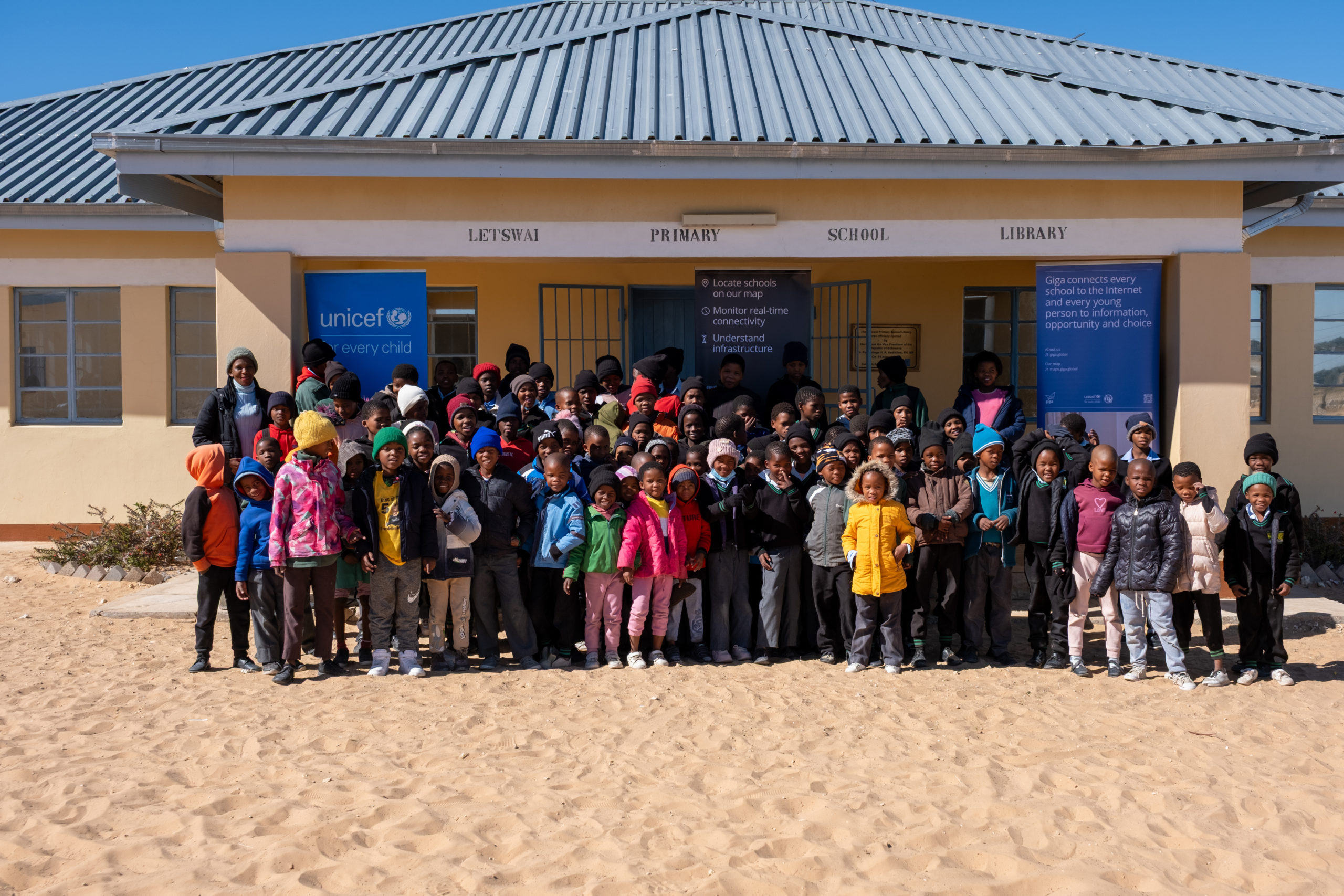

In classrooms, the benefits are immediate. Twelve-year-old Nnete Peelelo from Letswai Primary uses the internet to revise Setswana and San, watch instructional videos and complete assignments. “Sometimes I stay after school to use the internet because we don’t have it at home. I use it to do homework, read about careers and help my siblings learn,” he says.
To strengthen service quality, Botswana has introduced the Giga Meter, an open-source tool that measures real-time internet performance in schools. It allows the Ministry to verify actual speeds, identify outages and address gaps reported by service providers.


For Taolo Tsimanyane, Acting Director of the Department of Education Technology, this is expanding the reach of digital learning.
“As a government, we are not able to go it alone. Since the coming in of Giga, we have been able to reach as many teachers and beneficiaries as possible.”
He sees the shift as foundational for the next phase of education reform, where students can access lessons beyond the physical classroom.

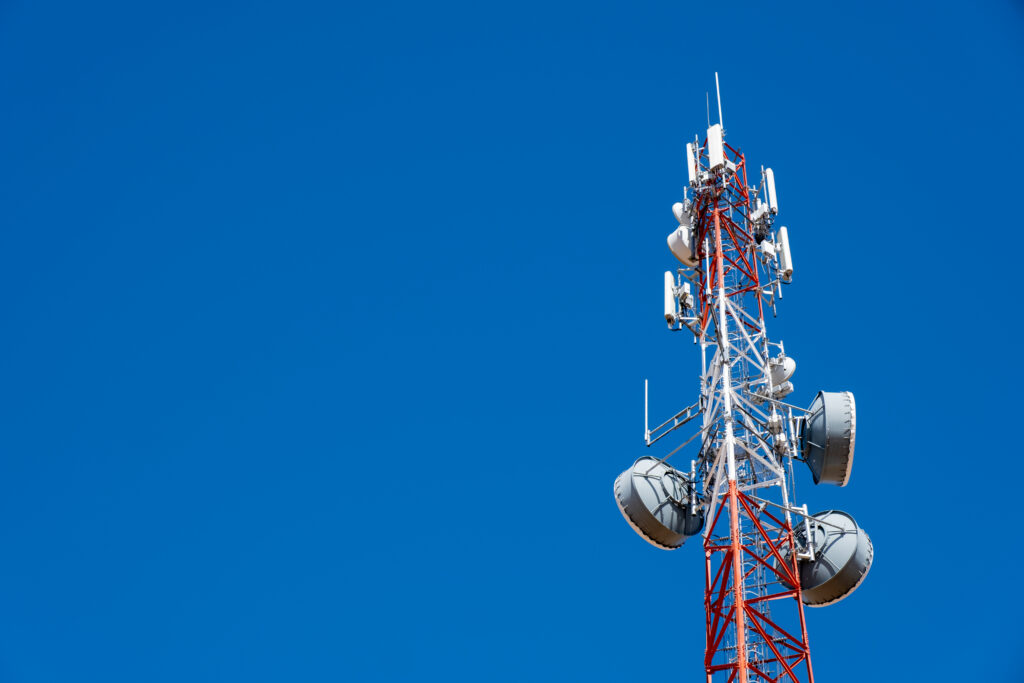
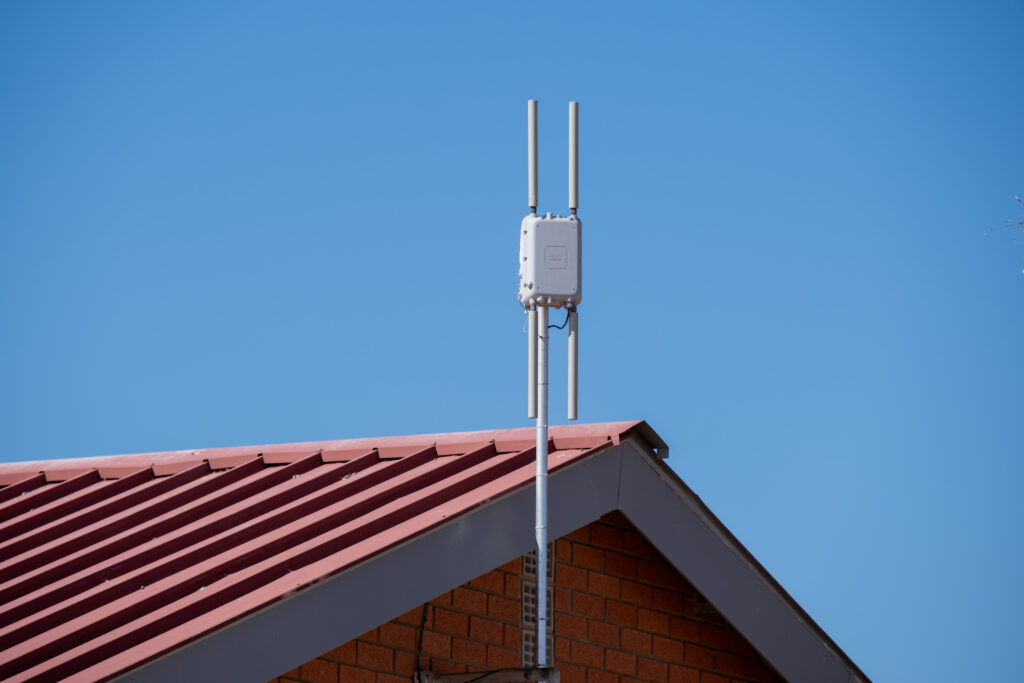
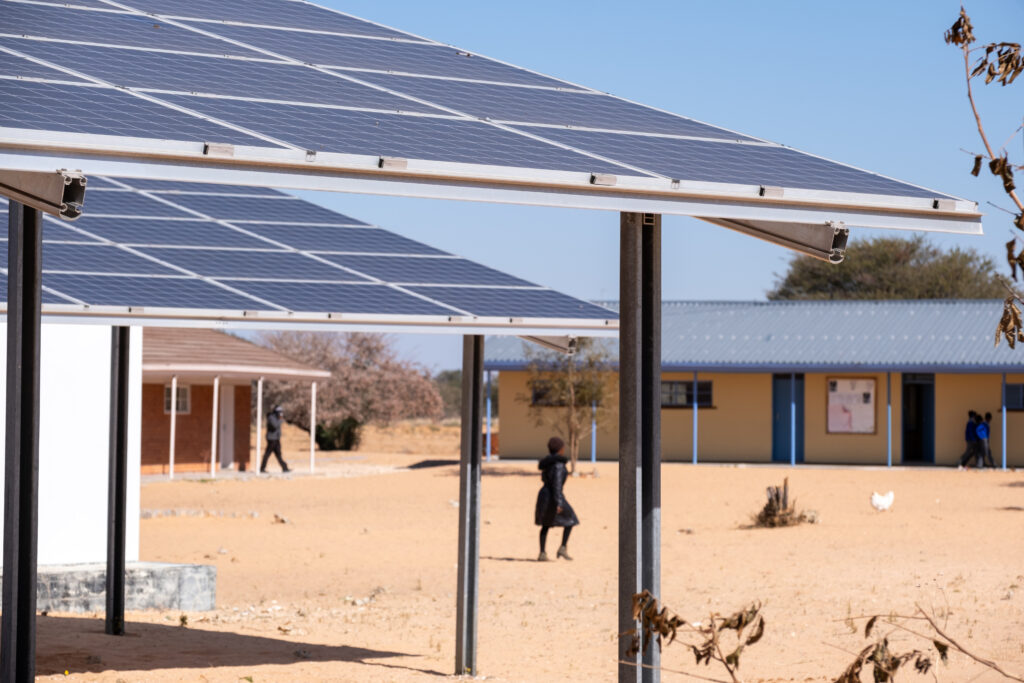
Botswana’s use of national mapping and real-time monitoring tools is driving equitable, data-led expansion of digital learning across remote and underserved districts.
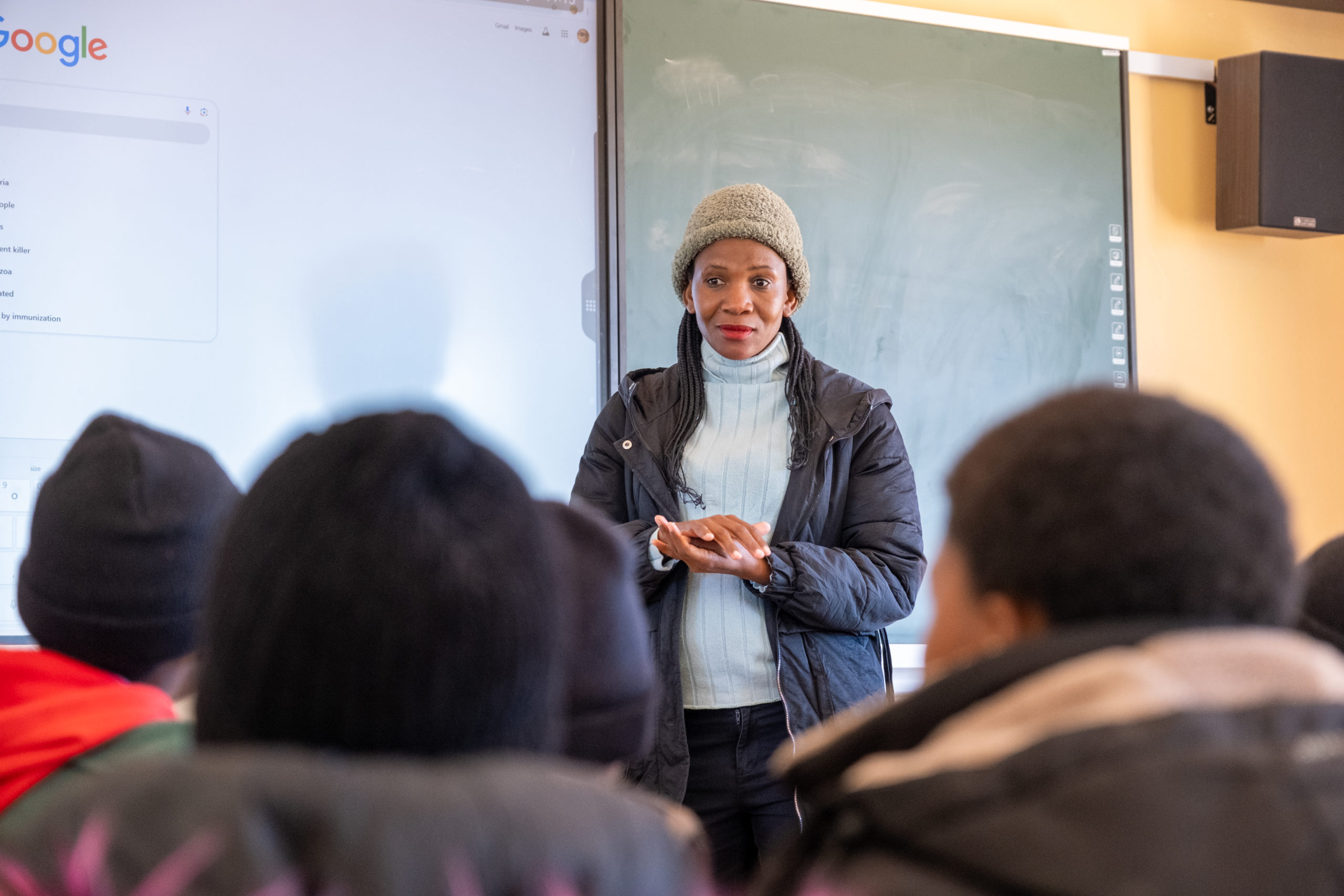

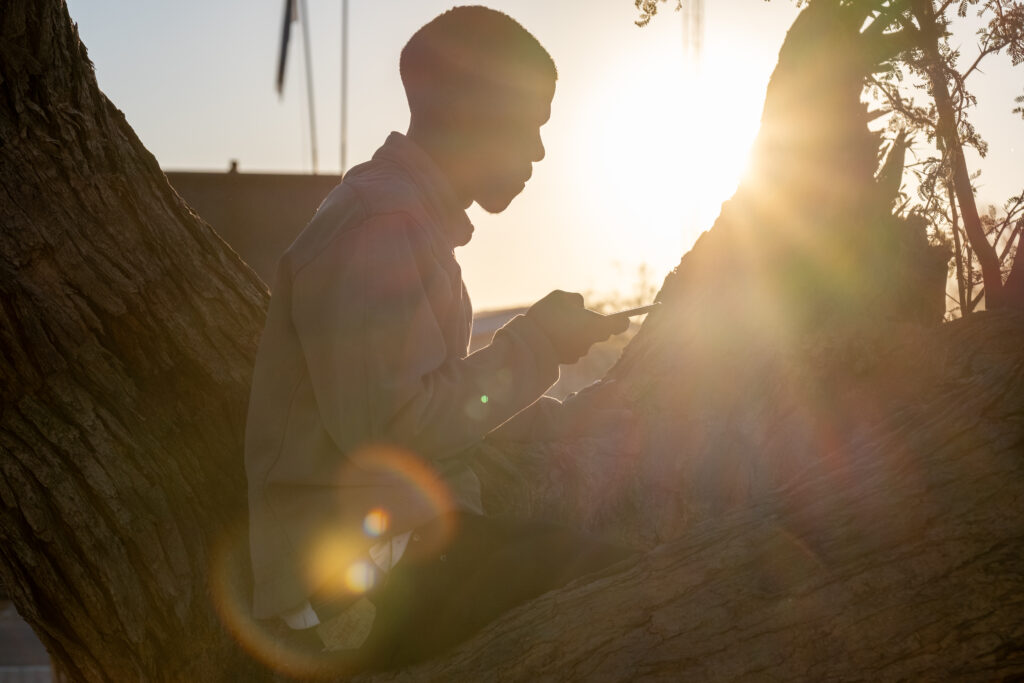
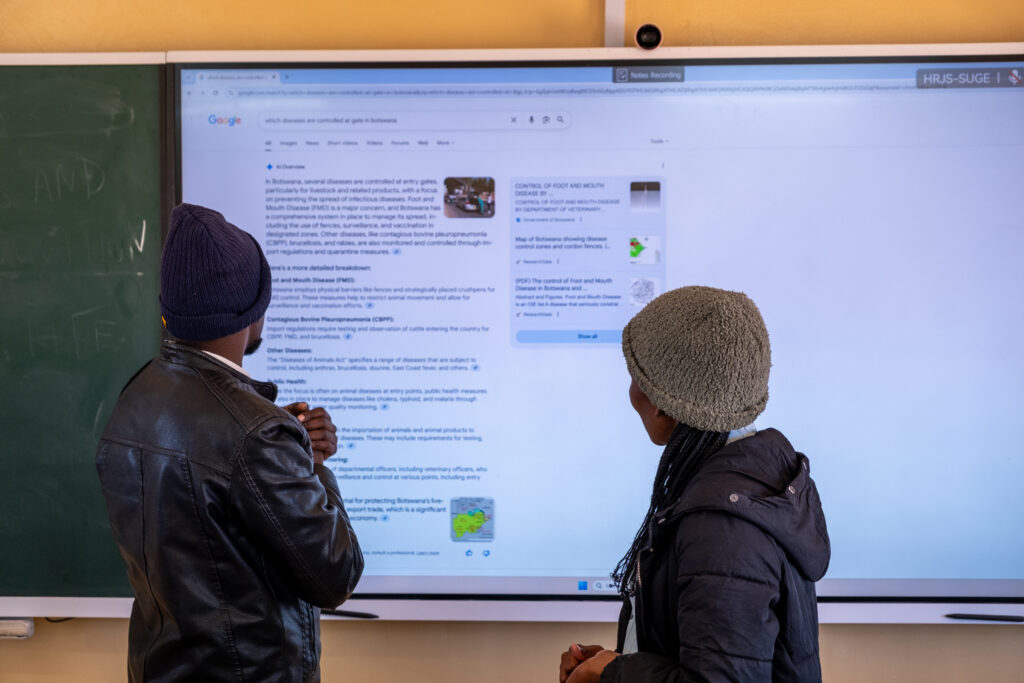


Sometimes I stay after school to use the internet because we don’t have it at home. I use it to do homework, read about careers and help my siblings learn.


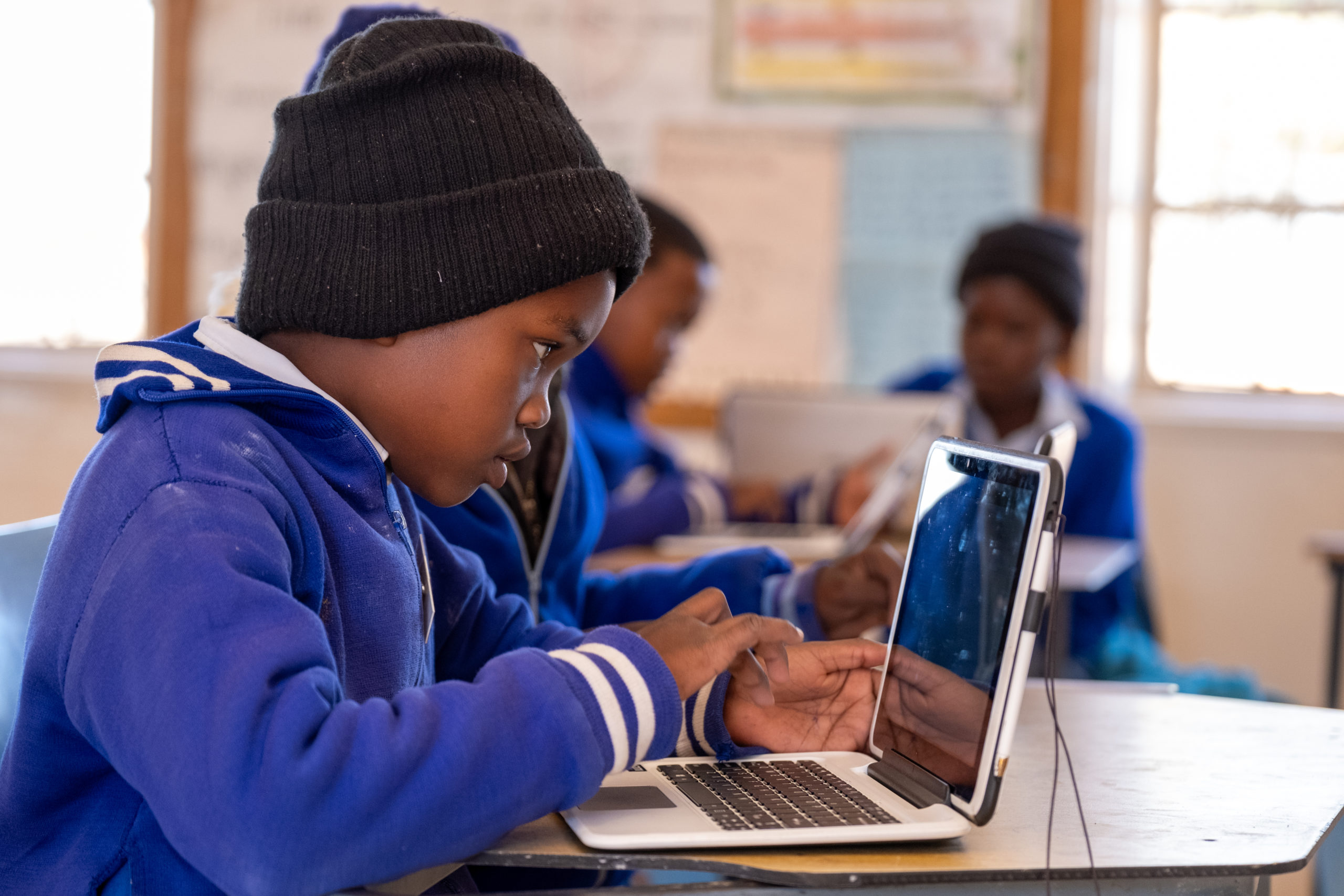

Botswana’s investment in digital infrastructure is creating new opportunities for learners, especially those in remote areas. The goal is straightforward: every child should have access to the tools, content and connectivity needed to participate fully in a modern education system.

“Traditionally I was only equipped with textbooks and my knowledge.
With connectivity, you step into a global library of knowledge.”


